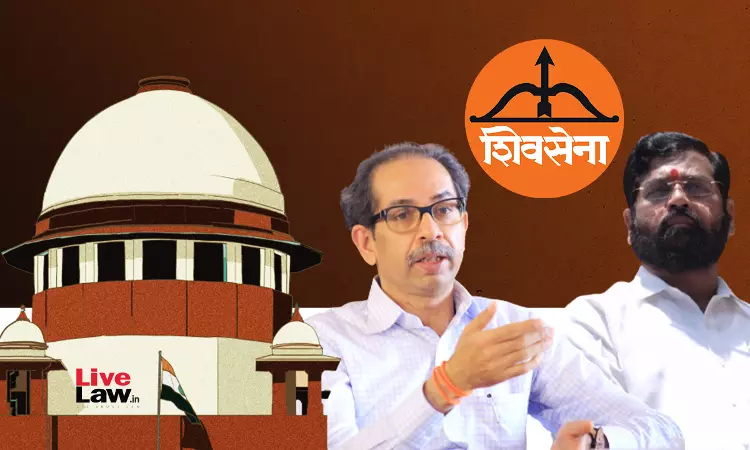Shiv Sena Case Hearing | Distinction Between 'Split' & Rebel Group Taking Control Of Party Very Thin, Says Supreme Court
Awstika Das
14 March 2023 9:10 PM IST

Next Story
14 March 2023 9:10 PM IST
The distinction between a split in Shiv Sena, as alleged by the Uddhav Thackeray-led camp, and the claim of a ‘rebel faction’, as used as a defence by Eknath Shinde and his followers, is very thin, the Supreme Court orally said on Tuesday during the hearing. The Bench, comprising Chief Justice DY Chandrachud, and Justices MR Shah, Krishna Murari, Hima Kohli, and Narasimha, was hearing...
